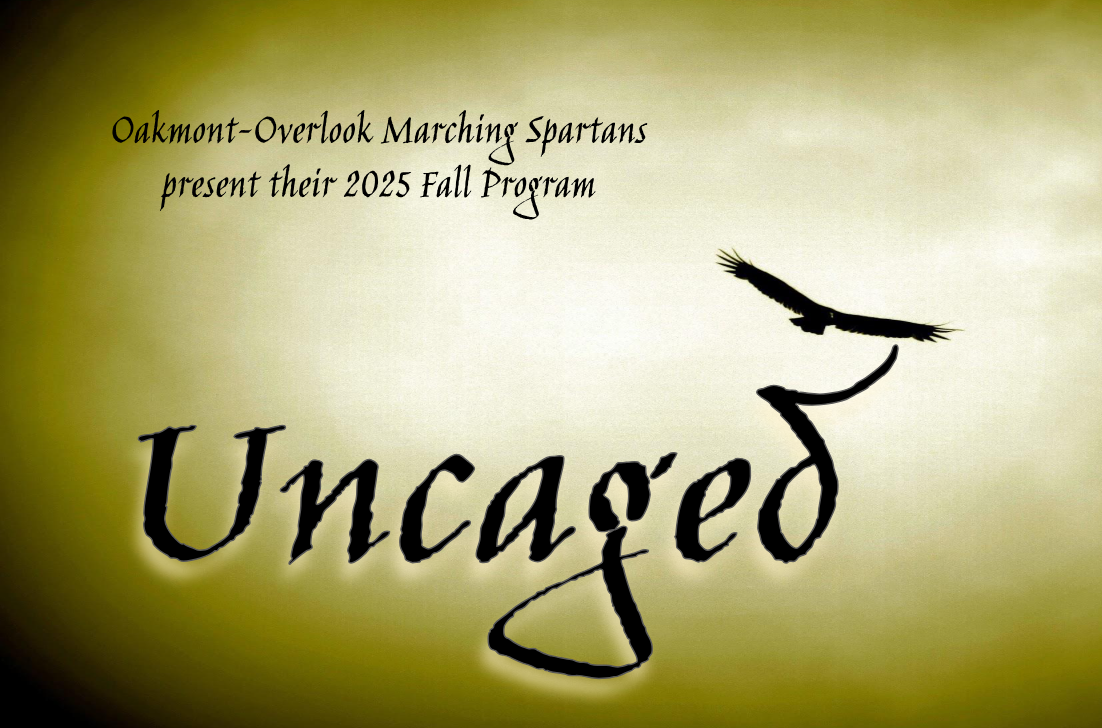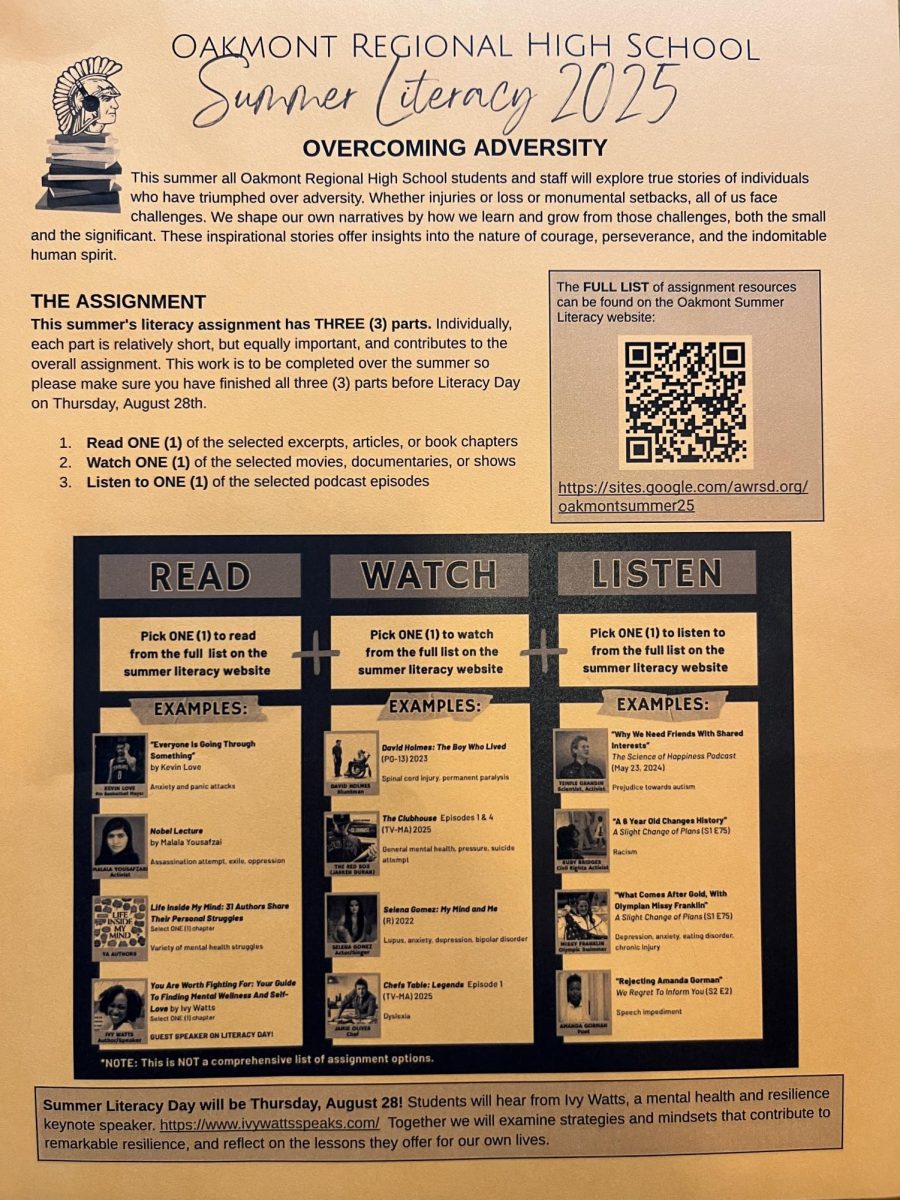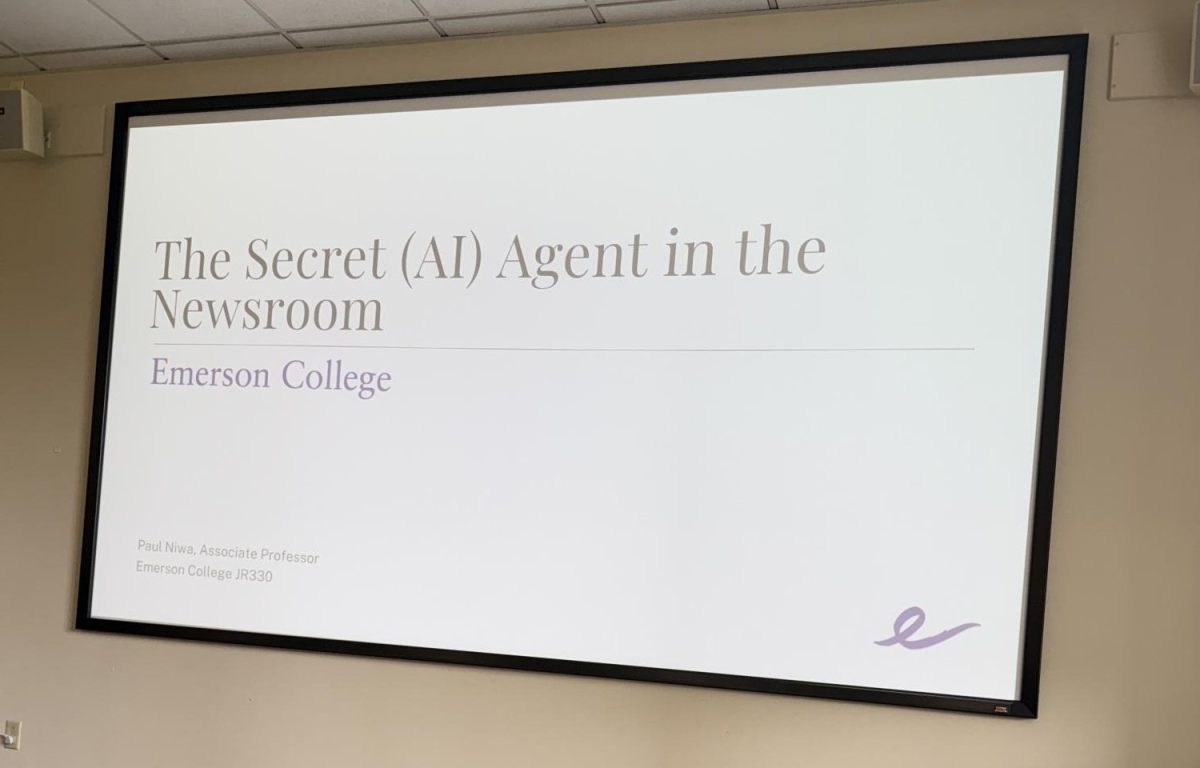What does it take to be an empire?
An empire is a political unit having a territory of a great extent or a number of territories or peoples under a single sovereign authority.
According to Study.com, empires are generally built through force and armed conquest by a powerful state over a weaker state. Empires are often built with cruelty and brutality, not with the peace and kindness of the heart.
Out of the many empires throughout history, only a handful of them were truly successful. Examples of these nations are the Roman, Ottoman, British, Qing, Russian, and Mongol empires.
It would, by far, be the British and Mongolian empires that experienced the most achievements, as they’re known to be the largest empires in known history.
The Mongol Empire
According to National Geographic and Wikipedia, The Mongol Empire was known for warfare but also celebrated for productive peace. The Mongol Empire emerged from the several nomadic tribes in present-day Mongolia in East Asia under the rule of Temüjin, better known as Genghis Khan. The empire grew rapidly under his rule and that of his descendants, who sent invading armies in every direction to gain more influence on the world they lived in. How much did loyalty truly matter?
What made Genghis Khan truly successful was loyalty. He preferred the loyalty of his men and soldiers rather than his government officials. He wouldn’t allow the spoils of war to go to aristocrats, he would share it with his men. After a defeat, he would even incorporate conquered peoples into his forces.
As a result, this dissatisfaction spread to his generals, previous allies, and associates broke their allegiances and war ensued. With Temüjin’s(Genghis Khan) loyal forces, they prevailed. Defeating the remaining rival tribes he became the universal leader. He rewarded those who had stayed loyal to him with high-ranking positions. He put them on heads of the army units and households, even though they came from low-ranking clans.
Why did civilization and law last as long as it did?
Genghis Khan forbade the selling of women, theft, fighting among the Mongols, and the hunting of animals during the breeding season. He even exempted the poor and the clergy from taxation.
According to the Carolina Asia Center, History books portray him as a brutal emperor who massacred millions of Asian and Eastern European people. However, he also practiced religious and racial tolerance, and his Mongolian Empire valued the leadership of women. Khan also brought law and civilization to Mongolia and is regarded as a hero in his native land. Genghis Khan changed the lives of many people and even continents. He changed history forever being one of the most important figures ever known to us.
However, with great success comes the risk of great failure. This would be the fate of the Mongol Empire. Over time the empire started to divide and split due to wars over succession, as his grandchildren didn’t know who should be the successor. In this weakened state, many nations took the opportunity to push the Mongols out of their lands.
The Empire’s succession crises were such big factors in its collapse because an empire can’t just run without a leader. Many successors wanted to carry in Temüjin’s path, but their execution of it was poor. They essentially wanted to conquer the world but didn’t take care of how to govern their own people of their Empire. The Mongols were too focused on conquest and not governing, consequently, causing weak politicians/rulers and low political stability.
The British Empire
The British Empire, the largest empire in history, encompassed territories on every inhabited continent. At its peak in the late 19th and early 20th centuries, the British Empire included vast regions of Africa, Asia, the Americas, Oceania, and the British Isles.
“The sun never sets on the British Empire” was a phrase used commonly to refer to the sheer size of the British Empire. According to Royal Museums Greenwich, the British Empire reached its territorial peak in 1919, following its victory in World War One. The Empire was a colossal 13.7 million square miles large, covering nearly a quarter of the entire Earth (land-wise) and ruling over more than 400 million people.
What made Britain so Great?
The British Empire was notorious for its domination in international trade and politics. Through institutions such as the East India Company, Britain monopolized trade in commodities such as spices, tea, cotton, and opium. This was largely thanks to the Empire successfully integrating its colonies into its vast trade network.
The British Navy could very likely be considered to be the backbone of the empire’s global dominance. Britain’s naval supremacy allowed it to control key maritime trade routes and protect its distant colonies. The Royal Navy might have ensured its influence in international waters, which was crucial in establishing its global empire.
It should be noted, however, that many empires’ successes come from their economic exploitations. The British were somewhat notorious for this- especially in their African and South Asian colonies.
The sun sets on the British Empire…
The British Empire’s decline began in the early 20th century, catalyzed by the geopolitical changes of the two World Wars. Decolonization movements gained momentum after World War II, leading to the independence of India, the partition of its Middle Eastern holdings, and the gradual independence of African colonies.
By the late 20th century, most of the empire’s territories had gained independence transforming the British Empire into the Commonwealth of Nations.
What does it mean to be an empire?
While both empires achieved undeniably large territorial holdings and influenced vast regions, their methods of achieving differed.
To be an empire means you have to act in cruelty and viciousness. Peace is often the “end goal”, but to get there you have to numb your humanity. Empires have clashed and often started bloody wars with many casualties. Empires also can’t last forever. Inevitably, people lose faith in their rulers- as such, coups and revolutions can take the thrones of even the greatest leaders.























Harrison Morand • May 24, 2024 at 10:25 am
Who’s the British Guy?